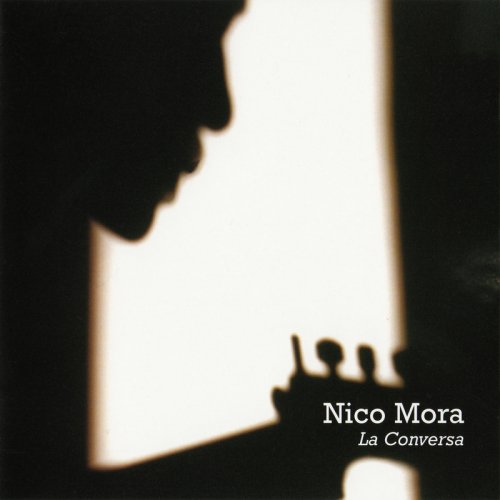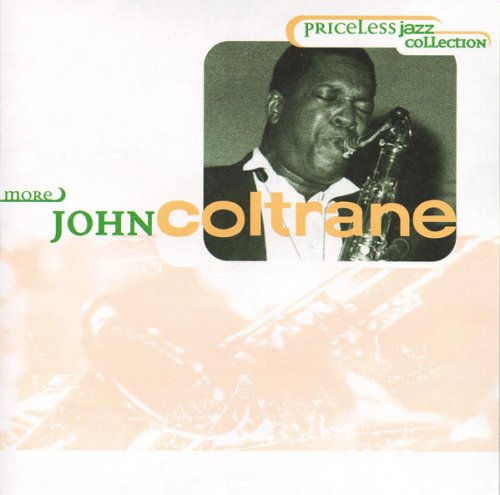Real Câmara - José Joaquim dos Santos: In Parasceve - Responsories for Good Friday (2025) [Hi-Res]
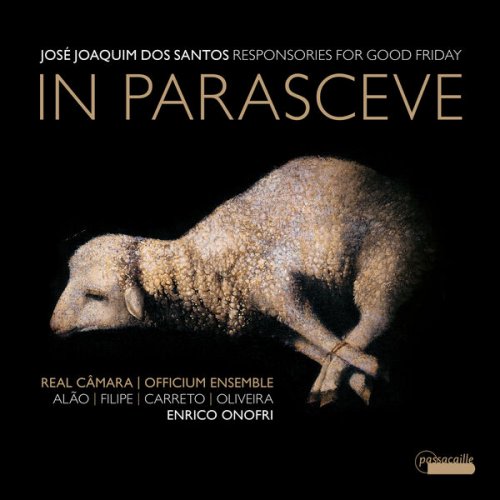
Artist: Real Câmara
Title: José Joaquim dos Santos: In Parasceve - Responsories for Good Friday
Year Of Release: 2025
Label: Passacaille
Genre: Classical
Quality: FLAC (tracks) / 24bit-192kHz FLAC (tracks)
Total Time: 56:14
Total Size: 287 MB / 2.05 GB
WebSite: Album Preview
Tracklist:Title: José Joaquim dos Santos: In Parasceve - Responsories for Good Friday
Year Of Release: 2025
Label: Passacaille
Genre: Classical
Quality: FLAC (tracks) / 24bit-192kHz FLAC (tracks)
Total Time: 56:14
Total Size: 287 MB / 2.05 GB
WebSite: Album Preview
1. In Primo Nocturno: I. Responsorium I. Omnes amici mei dereliquerunt me (6:14)
2. In Primo Nocturno: II. Responsorium II. Velum templi scissum est (5:26)
3. In Primo Nocturno: III. Responsorium III. Vinea mea electa (4:25)
4. In Secundo Nocturno: I. Responsorium IV. Tamquam ad latronem existis (5:56)
5. In Secundo Nocturno: II. Responsorium V. Tenebrae factae sunt (9:55)
6. In Secundo Nocturno: III. Responsorium VI. Animam meam dilectam tradidi (5:50)
7. In Tertio Nocturno: I. Responsorium VII. Tradiderunt me (4:51)
8. In Tertio Nocturno: II. Responsorium VIII. Jesum tradidit impius (4:51)
9. In Tertio Nocturno: III. Responsorium IX. Caligaverunt oculi mei (8:51)
In the latter half of the 18th century, the Portuguese court saw the emergence of distinctive instrumental practices within its sacred repertoire.
Among these innovations were works composed for Holy Week that featured concertante violas but conspicuously omitted violins. This unusual instrumentation became a hallmark not only of daily court music but also of Portuguese music as a whole. This tradition likely reflects the profound influence of Neapolitan music in Portugal, aligning with a broader practice of incorporating solo bass instruments to enhance the solemnity of liturgical occasions, such as Holy Week and All Souls' Day.
One of the most notable composers of the Patriarchal Chapel to embrace this style was Jose Joaquim dos Santos. Born in Obidos in 1747, he entered the Patriarchal Seminary in 1754, studying under the renowned Neapolitan composer David Perez. By 1763, Santos had joined the seminary's teaching staff, where he remained a central figure until his death in 1801. His work exemplifies the rich interplay of local tradition and Neapolitan influence.
Among these innovations were works composed for Holy Week that featured concertante violas but conspicuously omitted violins. This unusual instrumentation became a hallmark not only of daily court music but also of Portuguese music as a whole. This tradition likely reflects the profound influence of Neapolitan music in Portugal, aligning with a broader practice of incorporating solo bass instruments to enhance the solemnity of liturgical occasions, such as Holy Week and All Souls' Day.
One of the most notable composers of the Patriarchal Chapel to embrace this style was Jose Joaquim dos Santos. Born in Obidos in 1747, he entered the Patriarchal Seminary in 1754, studying under the renowned Neapolitan composer David Perez. By 1763, Santos had joined the seminary's teaching staff, where he remained a central figure until his death in 1801. His work exemplifies the rich interplay of local tradition and Neapolitan influence.
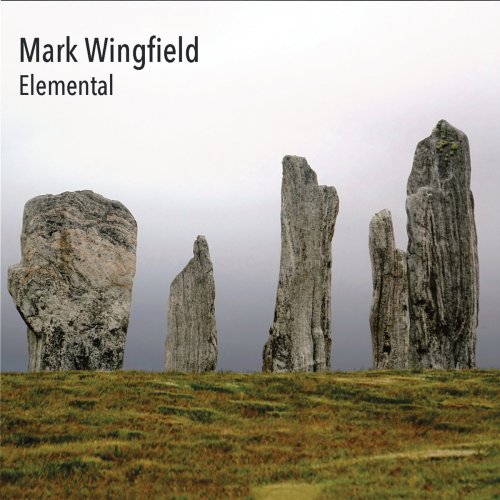
![Dave Bainbridge - ON THE EDGE (OF WHAT COULD BE) (2025) [Hi-Res] Dave Bainbridge - ON THE EDGE (OF WHAT COULD BE) (2025) [Hi-Res]](https://img.israbox.com/img/2025-12/18/7l4en830rpyaxdtr7izc3qrx6.jpg)
![Stephen McCraven - Wooley the Newt (2025) [Hi-Res] Stephen McCraven - Wooley the Newt (2025) [Hi-Res]](https://www.dibpic.com/uploads/posts/2025-12/1765906334_cover.jpg)
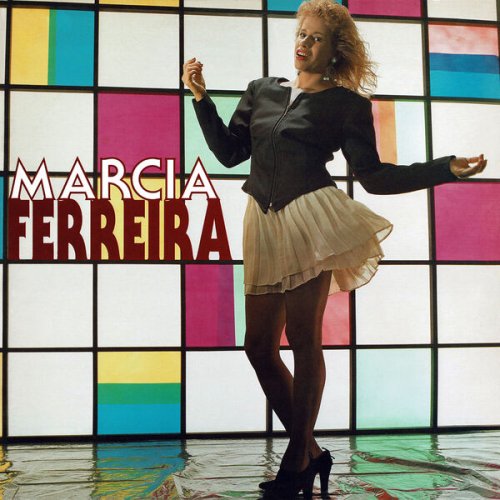
![Koldo Munné & 1520's Ensemble - Live at Jamboree Live Music (2025) [Hi-Res] Koldo Munné & 1520's Ensemble - Live at Jamboree Live Music (2025) [Hi-Res]](https://www.dibpic.com/uploads/posts/2025-12/1765846749_ck2b0xbsb8jna_600.jpg)
![Mark Northam - More Music From The Pixar Films For Solo Piano (2025) [Hi-Res] Mark Northam - More Music From The Pixar Films For Solo Piano (2025) [Hi-Res]](https://img.israbox.com/img/2025-12/17/qc8ci6ocl25zt4m9ojnjn3k2k.jpg)
![Xavi Torres - Amsterdam Magic (2025) [Hi-Res] Xavi Torres - Amsterdam Magic (2025) [Hi-Res]](https://www.dibpic.com/uploads/posts/2025-12/1766061682_cover.jpg)
